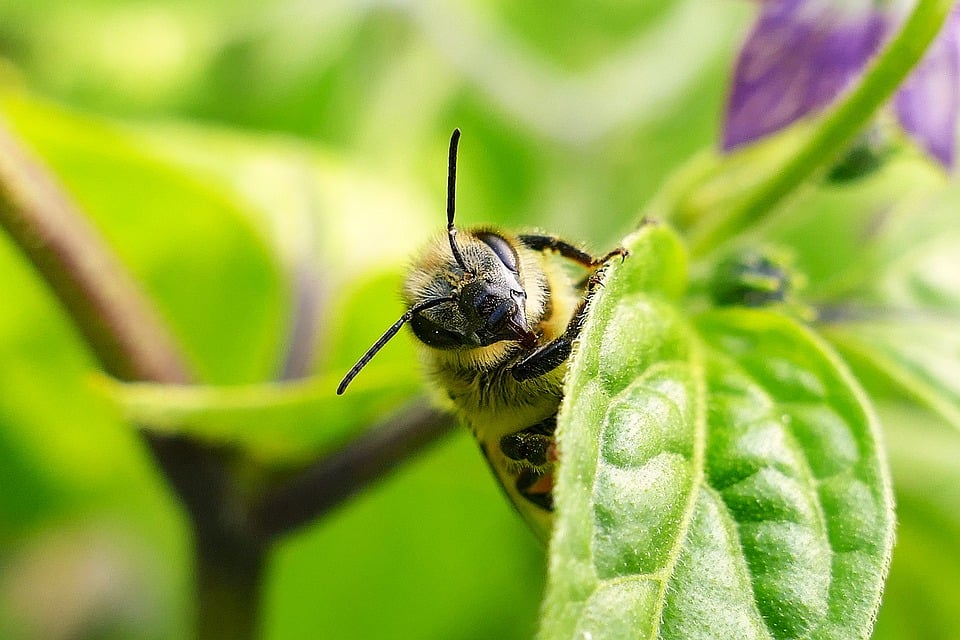In a world where modernity and technology dominate our daily lives, traditional beliefs often find themselves at a crossroads. Are these age-old practices a source of strength, guiding individuals through life’s challenges, or are they merely superstitions that hold us back from progress? This article delves into the dichotomy of traditional beliefs, exploring their historical significance, current state, and potential future implications.
Historical context
Traditional beliefs have been an integral part of human culture since the dawn of civilization. From ancient rituals and ceremonies to folklore and myths, these beliefs have shaped the way societies perceive the world around them. In many cultures, traditional beliefs serve as a link to the past, connecting individuals to their ancestors and heritage. They provide a sense of identity and belonging, fostering a sense of community and shared values.
However, traditional beliefs have also been a source of division and conflict throughout history. Religious wars, witch hunts, and other forms of persecution have been fueled by differing beliefs and interpretations of the supernatural. Despite these dark chapters, many people continue to hold on to their traditional beliefs, finding comfort and solace in the familiar rituals and practices passed down through generations.
Current state
In our modern, fast-paced world, traditional beliefs often find themselves challenged by scientific advancements and rational thought. Many traditional practices are dismissed as superstitions, relics of a bygone era that hold no real value in today’s society. Yet, for many individuals, traditional beliefs continue to hold sway, offering a sense of stability and connection to something greater than themselves.
In some cases, traditional beliefs are undergoing a revival, as people seek to reconnect with their cultural heritage and spiritual roots. Practices such as yoga, meditation, and herbal medicine, once seen as esoteric or outdated, are now gaining mainstream acceptance in Western societies. This resurgence of interest in traditional practices reflects a growing desire for authenticity, connection, and meaning in an increasingly fragmented world.
Future predictions
As we look to the future, the role of traditional beliefs in society remains uncertain. Will they continue to be a source of strength, providing guidance and comfort to those who seek it? Or will they be relegated to the realm of superstition, dismissed as outdated and irrelevant in an increasingly secular world?
One possible scenario is a blending of traditional beliefs with modern science and technology. Already, we see a growing interest in holistic healing practices that combine ancient wisdom with cutting-edge research. This fusion of old and new could lead to a renaissance of traditional beliefs, as people discover the benefits of integrating mind, body, and spirit in their pursuit of health and happiness.
Alternatively, traditional beliefs could face further marginalization as society becomes more secular and rational. Superstitions and taboos that once held sway over people’s lives may disappear altogether, replaced by a more pragmatic and evidence-based approach to spirituality and well-being.
Conclusion
In conclusion, the debate over traditional beliefs is far from settled. While some may see them as outdated superstitions that hinder progress, others view them as a source of strength and resilience in an ever-changing world. Whatever the future holds, one thing is certain: traditional beliefs will continue to shape our lives and influence our choices for generations to come.
Thank you for taking the time to explore this complex and multifaceted topic with us. For further reading on the subject, we recommend checking out reputable academic sources, as well as engaging with individuals who hold diverse perspectives on traditional beliefs. We hope you continue to seek out knowledge and understanding in your journey of discovery.
